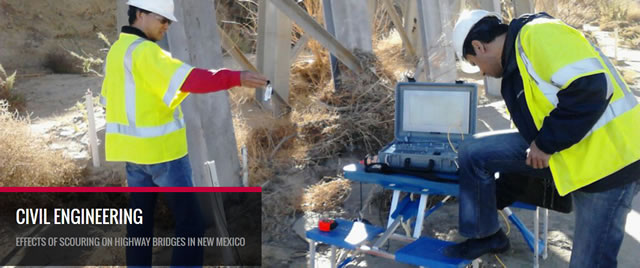
Civil Engineering ETDs
Publication Date
8-30-2011
Abstract
According to the Bureau of Labor Statistics in 2009 there were 816 fatal injuries in the United States in the construction industry. Reducing injuries and fatalities on construction sites is good for workers, contractors, and owners. The Occupational Health and Safety Administration (OSHA) was created to ensure safe and healthful working conditions for all working men and women. In order to achieve this goal OSHA has been setting and enforcing standards with a command-and-control' system, outreach, education and assistance. However, incidents still occur on construction sites. The gaps within the 'command-and-control' system have lead researchers and industry to look at other methods to improve the safety and health of workers. One such method is self-regulation. Self-regulation allows companies with a proven history to regulate themselves. Self-regulation involves delegating some of the authority formally held by the government to industrial associations and individual firms. OSHA and the Associated General Contractors of America founded the Construction Health and Safety Excellence (CHASE) partnering program. Using the CHASE program in New Mexico as a case study, the effectiveness of the self-regulation vs. 'command-and-control' approaches on injury and incident rates has been studied. This research determined that there was evidence that members of the NM CHASE program have lower incident rates then non-members. This research also determined that joining the NM CHASE program had an impact on contractor's safety culture.'
Keywords
Construction industry--Accidents--New Mexico, Construction industry--New Mexico--Safety measures, Construction industry--Self-regulation--New Mexico.
Document Type
Thesis
Language
English
Degree Name
Civil Engineering
Level of Degree
Masters
Department Name
Civil Engineering
First Committee Member (Chair)
Kawal, Don
Second Committee Member
Rounds, Jerald
Recommended Citation
Scharrer, Amelia. "Command vs. self-regulation in construction safety : a case study of CHASE." (2011). https://digitalrepository.unm.edu/ce_etds/49
